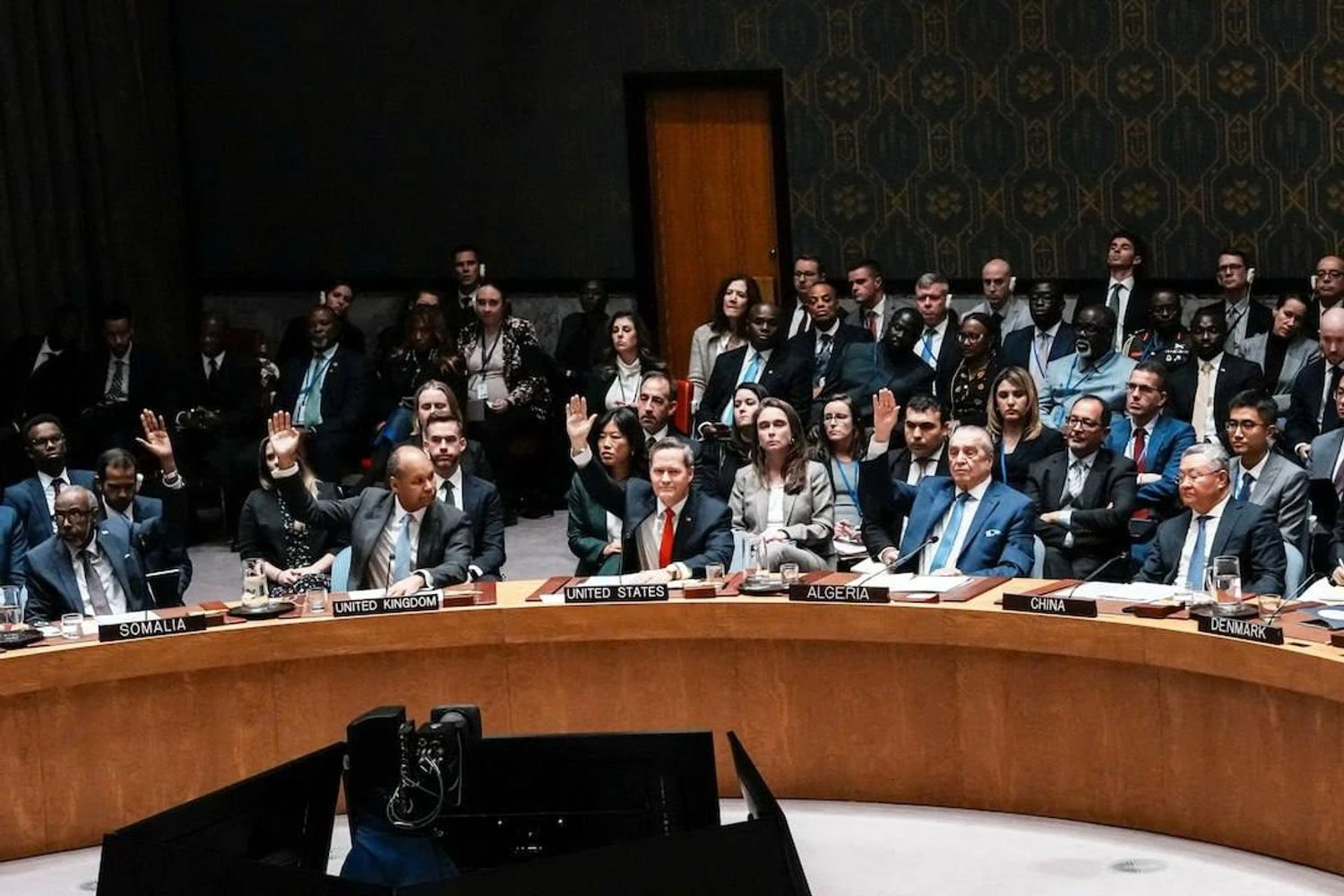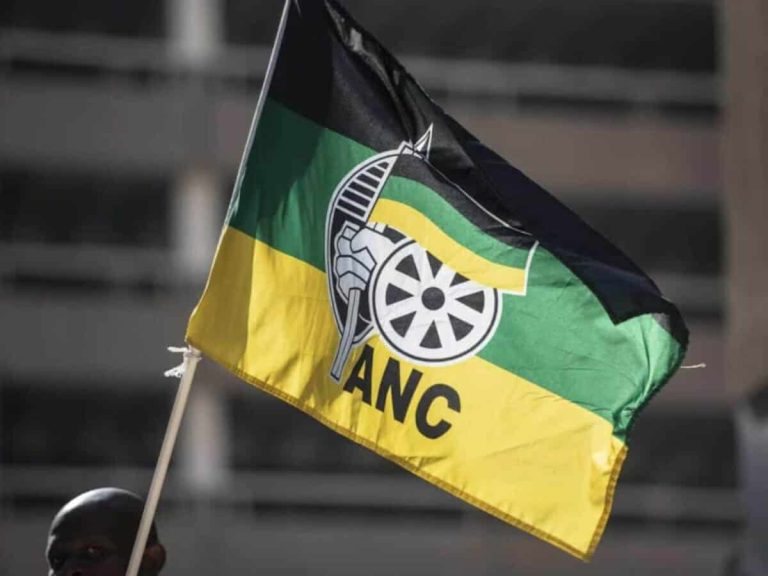
The United Nations Security Council has approved a US-drafted resolution endorsing President Donald Trump’s 20-point plan for Gaza, including the creation of an International Stabilisation Force (ISF) and a new transitional governance structure.
Thirteen member-states voted in favour including the UK, France and Somalia while Russia and China abstained, allowing the measure to pass without opposition. The resolution is one of the most consequential UN decisions on Gaza since the start of the conflict.
A spokesperson for UN Secretary-General António Guterres called the adoption “an important step in consolidating the ceasefire,” though implementation will require significant coordination on the ground.
Hamas immediately rejected the Security Council decision, arguing that the plan undermines Palestinian sovereignty.
The group said on Telegram that the resolution “imposes an international guardianship mechanism” on Gaza and accused the proposed ISF of siding with Israel.
“Assigning the international force with tasks inside the Gaza Strip, including disarming the resistance, strips it of neutrality,” Hamas added.
Under the resolution, the ISF will operate alongside Israel, Egypt and a newly trained Palestinian police force to secure border areas and oversee the permanent disarmament of non-state armed groups, including Hamas. The force would also help dismantle tunnels, remove weapons and protect civilians.
US Ambassador to the UN Mike Waltz said the ISF would be responsible for “securing the area, supporting the demilitarisation of Gaza, dismantling terrorist infrastructure, removing weapons, and ensuring the safety of Palestinian civilians.”
The Security Council further approved the creation of a transitional body the Board of Peace (BoP) tasked with supervising governance, rebuilding institutions and coordinating humanitarian and reconstruction efforts. A World Bank-backed trust fund will finance Gaza’s reconstruction after two years of war.
Trump hailed the vote as “historic,” claiming it represented an international endorsement of the BoP, which he is expected to chair.
Unlike earlier drafts, the adopted resolution includes references to a pathway for Palestinian self-determination and statehood language that Arab states insisted on inserting. Israel continues to oppose the establishment of a Palestinian state, creating a significant obstacle for future political negotiations.
Guterres’s spokesperson stressed that the council’s decision must “translate into concrete action” and help revive a credible political process aimed at securing a two-state solution.
Russia and China allowed the resolution to pass but criticised it for lacking clarity on the composition of the ISF and BoP, and for failing to guarantee direct UN oversight.
Both nations said the text did not sufficiently reaffirm the centrality of the two-state solution, though their abstentions reflected deference to the Palestinian Authority and eight Arab and Muslim-majority governments that supported the measure.
The first phase of Trump’s plan a ceasefire between Israel and Hamas and the release of hostages and detainees began on 10 October. Waltz called the fragile pause in fighting “a fragile, fragile first step.”
The war began after Hamas-led militants attacked Israel on 7 October 2023, killing around 1,200 people and seizing 251 hostages. Since then, at least 69,483 Palestinians have been killed by Israeli military operations in Gaza, according to the Hamas-run health ministry.
Erizia Rubyjeana



